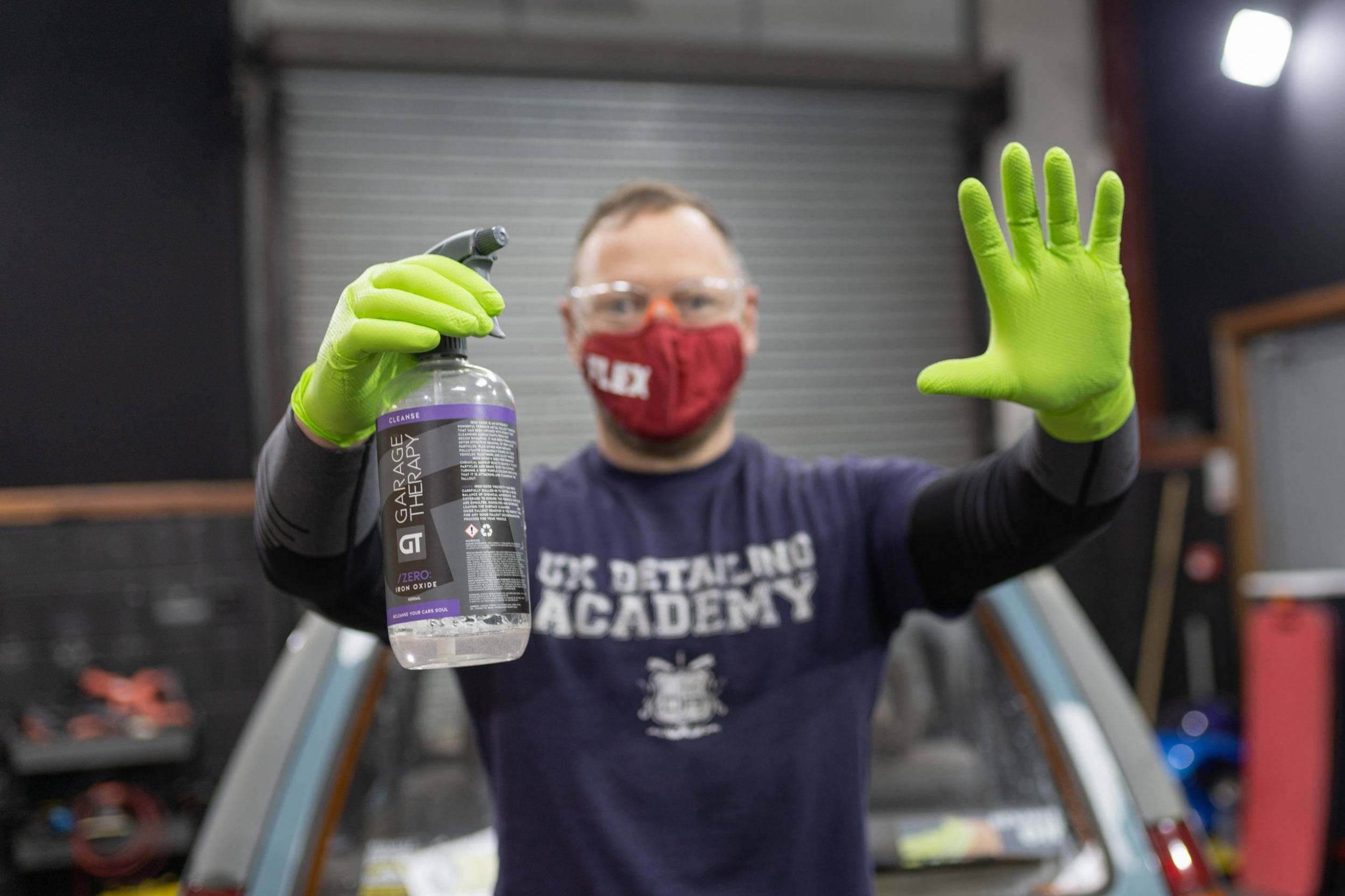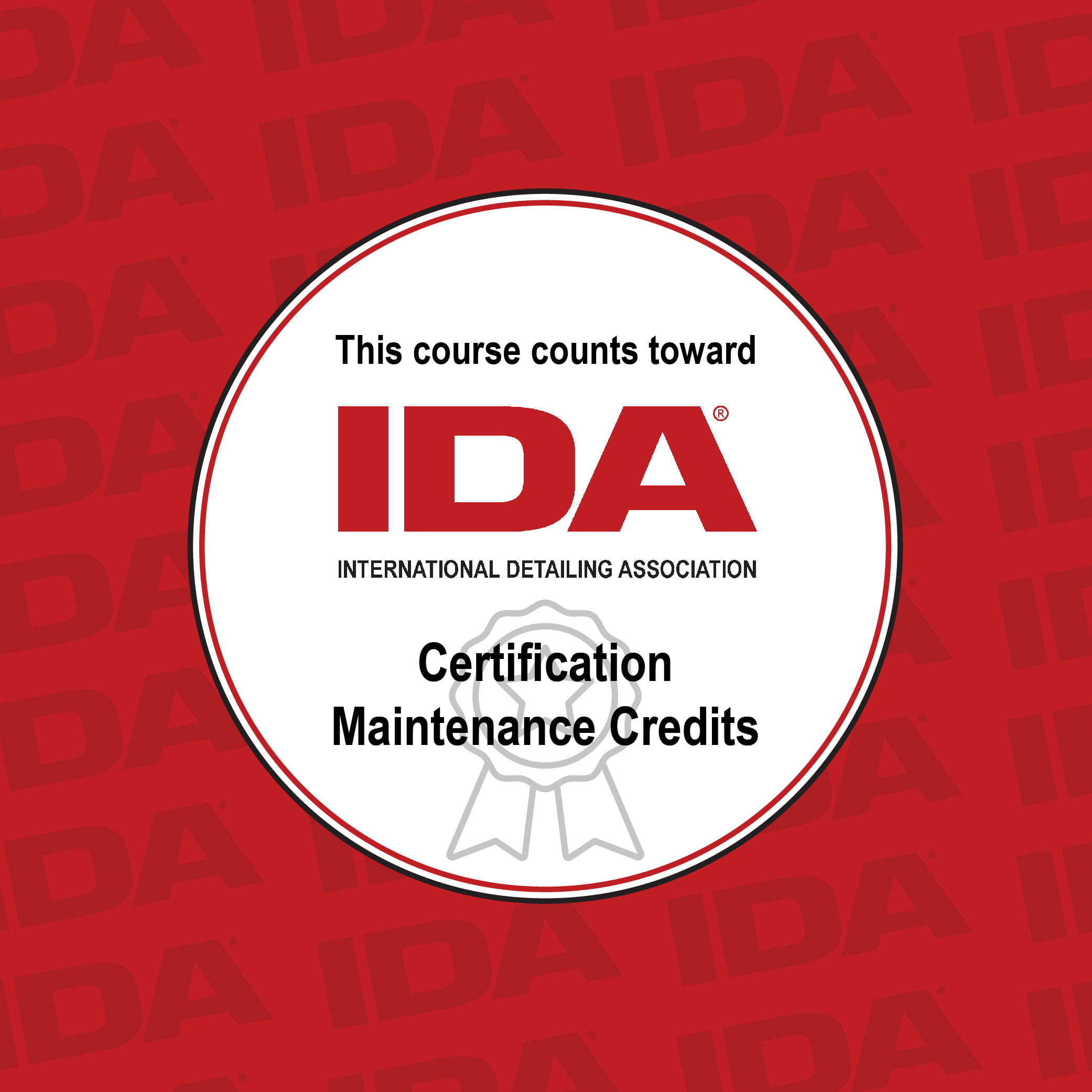Health & Safety for Detailing Businesses is a professional education day for owner-operators and small businesses alike, to learn about health and safety requirements for their business, their obligations to; potential employees, contractors and members of the public, and personal protection in the workplace. The idea is to give all small business owners knowledge of what is required of them and how to put it into practice, whether as part of a due diligence record you can show insurers should anything go awry in daily business activities, or if working for larger companies who may require resources such as;
- Risk assessments
- Method statements
- Health and Safety Policy
- COSHH and chemical use statements,
- Any compliance documentation, before working on site. y
It’s also a personal checklist to make your work safer for the self-employed. In 21/22, according to the HSE, 565,000 workers sustained a non-fatal injury. For the self-employed, this can mean far more than a few weeks of bedrest, with the potential financial waves affecting multiple aspects of their life. So implementing minor safety measures to your business could save you from greater, more costly issues down the line.
- What is the Law and does it apply to you?
The law applies if you are an Employer; your work is specified in the regulations, or your work poses a risk to the Health & Safety of anyone else. For the Detailing Industry, the chemicals, tools and activities used have the potential to cause harm to others.
Health & Safety at Work Act 1974 (General Duties of Self-Employed Person) (Prescribed Undertakings) Regulations 2015
- Health & Safety at Work (etc) Act and your responsibilities.
“You have a Duty of Care to ensure the Health, Safety & Welfare of anyone, including yourself, who may be harmed by your work activities.”
- Management of Health & Safety at Work Regulations, Electricity at Work Regulations
Brief summary of what is required of you. Portable Appliance Testing.
Ensure electrical equipment is suitable for the purpose. Ensure equipment has undergone necessary safety checks.
The Regulations do not specify what needs to be done, by whom or how frequently (for example, they do not make it a legal requirement to test all portable electrical appliances every year). This allows the duty holder to select precautions appropriate to the risk rather than having precautions imposed that may not be relevant to a particular work activity.
- Health & Safety Policy – what is it and how to write one.
The law says that every business must have a policy for managing health & safety.
Worked example as a group followed by individual work.
- Method Statements
What is a Method Statement? Why would it be required? How it helps in the writing of Risk Assessments.
Worked example as a group followed by individual work.
- Risk Assessments
What is a Risk Assessment? Why is it required?
5 Steps to Risk Assessment
Worked example as a group followed by individual work.
- CLP, COSHH & REACH Regulations
Explanation of each and how they apply to the Detailing Industry.
Understanding Supplier Product Labels and how to label your own diluted chemicals.
Safety Data Sheets and how to decipher them.
Worked examples as a group.
- Insurance implications
Sites you may not be covered to work at and why.
Implications of no/insufficient Health & Safety documentation.
Negligence.
A one-day, classroom-based course, you will leave with a UKDA course completion certificate, handbook, and a highly useful skillset you can employ into your business portfolio.




